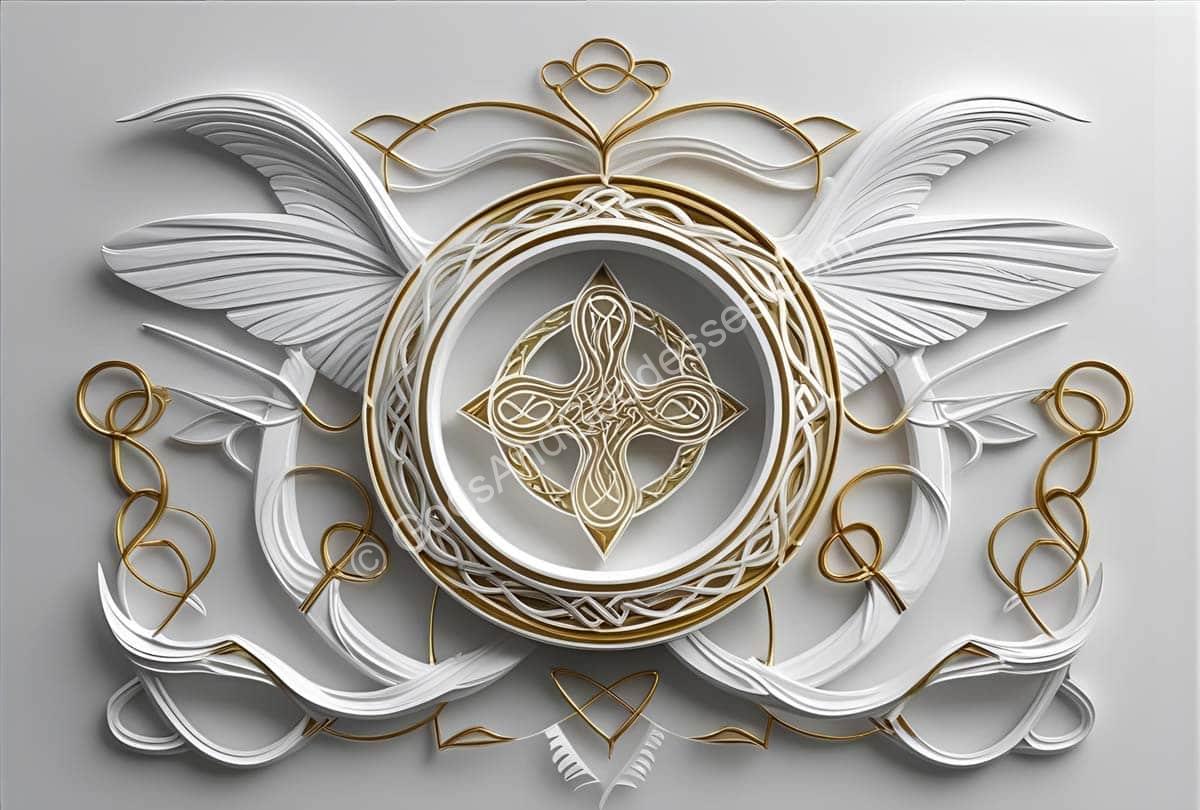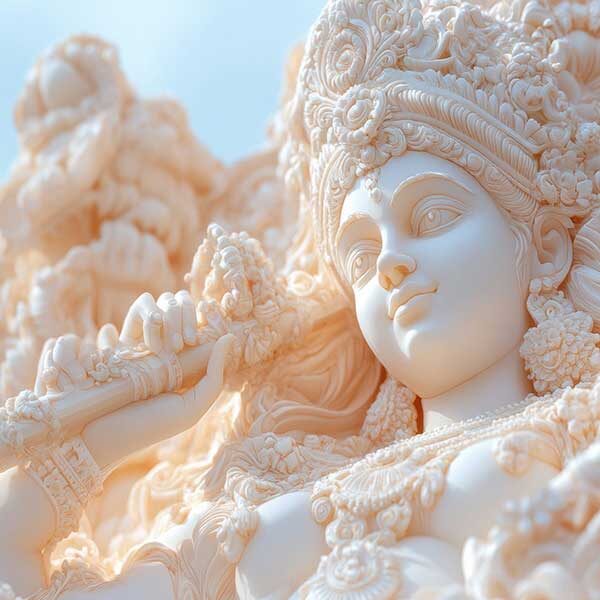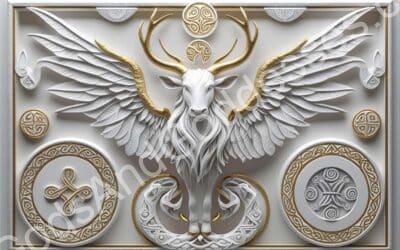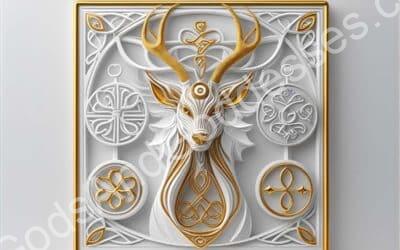Introduction: Why Is Irish Mythology Important?
When people think of Celtic mythology, the names that often come to mind are Irish: the Tuatha Dé Danann, Cú Chulainn, or the Morrigan. While Celtic cultures spread across much of ancient Europe—including Scotland, Wales, Cornwall, the Isle of Man, and Brittany—Irish mythology is by far the most intact.
At GodsAndGoddesses.com, we explore Mythology, Gods, and Goddesses, and the reasons—that lie in history, geography, and preservation—Irish mythology is more preserved than other Celtic traditions.
“Irish mythology survived not because it was the only Celtic mythology, but because its stories were written down when others were not.”
The Oral Roots of Celtic Mythology
Like many ancient cultures, the Celts relied on oral tradition. Stories were memorized and recited by bards, druids, and storytellers, passed from one generation to the next. This worked well for centuries, but oral traditions are fragile. They change with time, and they can be lost altogether when a culture faces conquest, colonization, or suppression.
Why Ireland Preserved More Myths
1. Geographic Isolation
Ireland was never fully conquered by the Roman Empire, unlike Britain and continental Celtic regions. This gave Irish traditions more time to survive before Romanization and Christianization reshaped cultural life.
2. Early Monastic Scribes
When Christianity arrived in Ireland, monks began recording myths, legends, and genealogies in manuscripts such as the Book of Invasions (Lebor Gabála Érenn) and the Book of Leinster. Although written through a Christian lens, these texts preserved a treasure trove of pre-Christian myth.
3. Political and Cultural Continuity
Irish clans maintained stronger local continuity than some other Celtic regions. Mythological cycles such as the Ulster Cycle and the Fenian Cycle became part of cultural identity, kept alive in both storytelling and literature.
4. Integration with Later Culture
Irish mythology adapted, blending with folklore, Christian saints, and later nationalist movements. This allowed myths like those of Brigid or the Morrigan to remain relevant long after their original pagan contexts had faded.
External resource: World History Encyclopedia – Celtic Mythology
Comparison to Other Celtic Traditions
-
Welsh Mythology – Preserved in The Mabinogion, but fewer stories survived, and many were reshaped under English rule.
-
Scottish and Manx Mythology – Retained in folklore and fairy lore, but lacking the same manuscript tradition.
-
Continental Celtic Mythology – Largely absorbed by Roman mythology, with only fragments surviving through inscriptions and Roman authors’ accounts.
See also: Celtic Goddesses: Ancient Deities of Ireland and Celtic Mythology
Why This Matters Today
Irish mythology provides the best entry point for exploring Celtic myth as a whole. Through it, we glimpse what other Celtic traditions may once have looked like:
-
The reverence for sovereignty goddesses like Danu and the Morrigan.
-
The heroic cycles of warriors like Cú Chulainn.
-
The mystical landscapes of the Otherworld.
Frequently Asked Questions
Did other Celtic peoples have gods and myths like the Irish?
Yes. All Celtic cultures had gods, rituals, and stories, but fewer were written down, so much has been lost.
Are Irish myths purely authentic?
Not entirely. Many were written by Christian monks who reshaped them, but they still preserve vital pre-Christian elements.
Can we reconstruct the other Celtic traditions?
Scholars use archaeology, inscriptions, and comparisons with Irish myths, but the evidence is fragmentary.
Conclusion
Irish mythology is not the only Celtic mythology, but it is the best preserved. Thanks to Ireland’s relative independence from Rome, the work of Christian scribes, and the adaptability of its stories, Irish myths form the richest surviving record of Celtic belief.
Explore more:
“To read Irish mythology is to glimpse the fragments of a larger Celtic story—one still shimmering in the mists of time.”
- Odin God Story - August 24, 2025
- The Story of Ra: Egyptian Sun God and Creator - August 24, 2025
- Kraken: Mythological Sea Monster of the Deep - August 24, 2025





